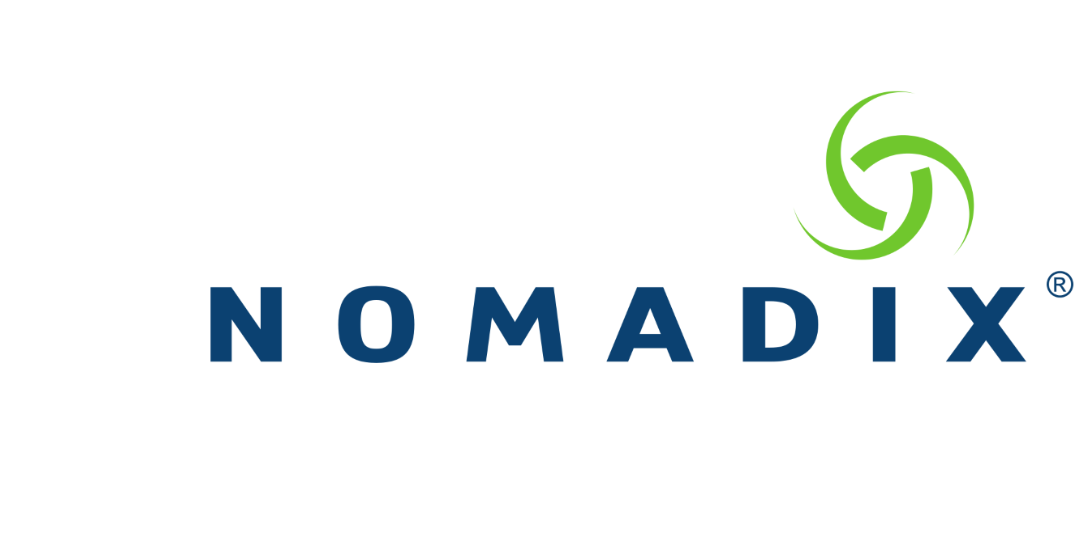Embracing AI in K-12 Education: Unlocking Opportunities and Navigating Challenges
)
AI's growing presence in K-12 education signals the dawn of a transformative era, where technology is reshaping how we teach and learn. AI's potential to impact the primary education sector is only just being understood, not to mention the value it already brings to creating personalized learning experiences, enhancing administrative efficiency and improving student engagement.
However, this technological leap also presents significant challenges that administrators and educators must address to ensure technology remains accessible and equitable for all students.
In this article, we’re delving into the opportunities and challenges AI poses to K-12 education, offering insights and practical examples for administrators, superintendents and educators alike.
AI’s Role in Education
At its core, artificial intelligence involves machines that mimic human intelligence, that are capable of learning, reasoning and self-correction. In today’s classrooms, AI applications range from tailoring learning experiences through personalized platforms to streamlining tasks with automated grading systems. Current trends indicate a growing adoption of AI in classrooms globally, with roughly 60 percent of American educators using artificial intelligence in their classrooms, according to recent research by Forbes Advisor.
For instance, adaptive learning platforms (software that adjusts lessons based on student performance) like DreamBox use AI to tailor educational content to individual student needs, adjusting in real-time based on their performance. Studies have shown that these types of AI-powered platforms can significantly enhance learning outcomes by providing personalized support that can’t be replicated by traditional teaching methods.
Benefits of Integrating AI in K-12 Curriculum
Enhanced Personalized Learning
One of AI's greatest strengths lies in its ability to deliver truly personalized learning experiences. Adaptive learning technologies assess students' strengths and weaknesses, customizing lessons to suit their unique learning paces and styles. This approach not only boosts student engagement, but also helps to close achievement gaps.
For example, Carnegie Learning’s AI-driven math program uses data analytics to identify areas where students struggle and offers targeted interventions to build up their skills. Tools like this enable teachers to provide more individualized attention, fostering a more inclusive learning environment.
More Efficient Administrative Processes
By lightening the administrative load, AI frees educators to devote more time and energy to what matters most: teaching. Automated grading systems like Gradescope, for example, help expedite the evaluation process and provide immediate feedback to students. This frees up valuable time and energy for busy teachers. AI can also assist with tasks like class scheduling, attendance tracking and record-keeping, streamlining operations, and increasing efficiency of data-driven tasks like submitting grades or creating student performance reports.

Generally, in districts where AI tools have been implemented to streamline administrative tasks, schools report higher productivity and better resource allocation. For example, at the Los Angeles Unified School District and Georgia’s Gwinnett County Public Schools system, the use of AI-powered tools has enabled more efficient management of class timetables and resource allocation, reducing conflicts and optimizing student learning experiences.
Improved Student Engagement
Engaging students in learning activities is a perennial challenge for educators. AI-powered educational games and interactive tools can captivate students’ interest, making learning more fun and engaging. Tools like Prodigy Math Game and Kahoot! use AI to create dynamic and interactive learning environments that motivate students to participate more actively.
These platforms provide immediate feedback and adapt to each student's progress, ensuring that learning remains challenging yet achievable. The gamification of learning through AI not only makes education enjoyable, but also fosters a love for learning among students.
Individualized Performance Insights
AI's ability to analyze vast amounts of educational data provides valuable insights into student performance and learning patterns. This data can help educators identify at-risk students, tailor interventions and track progress over time. For instance, platforms like BrightBytes use AI to analyze data from various sources, offering actionable insights to improve teaching strategies and student outcomes.
By leveraging data-driven insights, schools can implement more effective educational strategies, addressing individual student needs more precisely and improving overall educational outcomes.
Challenges of Integrating AI in K-12 Curriculum
Equity and Access
In the K-12 context, a major challenge is ensuring that teachers receive adequate training and professional development to effectively utilize AI tools in their classrooms. The digital divide remains a significant barrier, with students from historically underserved, low-income and rural communities often lacking access to necessary technology and resources. Bridging this divide requires schools to invest in robust infrastructure and offer comprehensive support, ensuring every student can reap the benefits of advanced classroom technology.
Initiatives like providing devices to students, offering Internet access in underserved areas, and training educators in digital literacy are essential steps toward equitable AI integration.
Privacy and Security Concerns
The use of AI in education raises significant privacy and data security concerns. Protecting student data is paramount, and schools must adhere to strict regulations like the Family Educational Rights and Privacy Act (FERPA) and the Children’s Online Privacy Protection Act (COPPA). Ensuring data security involves implementing robust cybersecurity measures and educating staff and students about best practices for responsible tech usage both in and outside the classroom.

Adopting AI responsibly requires schools to be transparent about how and when students’ data is used, to obtain proper consent and to regularly audit their systems for vulnerabilities and threats.
Ethical Considerations
AI in education also brings ethical considerations, including bias and fairness. AI systems can unintentionally perpetuate existing biases if not carefully monitored and adjusted. Schools must ensure that AI tools are designed and used ethically, promoting fairness and inclusivity.
Regularly reviewing AI algorithms for bias and involving diverse stakeholders in the development process are crucial steps towards ethical AI use in education.
How Today’s School Systems Are Applying AI
Success Stories
A growing number of forward-thinking K-12 districts are setting the standard by successfully weaving AI into both their curricula and administrative practices
For example, the Cajon Valley Union School District in California has implemented AI-driven personalized learning tools, resulting in improved student performance and engagement.
Similarly, the New York City Department of Education uses AI to streamline its day-to-day processes, making its processes more efficient and allocating its resources more responsibly.
Future of AI in K-12 Education
Preparing for Advancements in Educational AI
Looking ahead, The use of AI in education is rapidly evolving, with exciting new trends emerging. One notable trend is the increasing use of AI for social-emotional learning, helping students develop crucial skills like self-awareness and empathy. Innovations like virtual AI tutors, advanced data analytics and immersive learning experiences through augmented and virtual reality are on the horizon.
To get ready for these developments, schools must adopt a proactive approach – continuously exploring new AI solutions, updating their tech stacks and reframing their curricula. Building a culture of innovation will be key for schools to remain at the forefront of educational transformation.
The Final Word on Educational AI
Integrating AI in K-12 education presents both exciting opportunities and formidable challenges. By embracing AI responsibly and equitably, educators can unlock new potentials for personalized learning, operational efficiency and student engagement. As we journey through this transformation, success will hinge on strategic planning, continuous professional development, and unwavering commitment to ethical practices—key elements in unlocking AI's full potential in education.
Ready to explore the future of AI in education? Join us at the 2025 FETC Conference! Visit www.fetc.org to register and learn more.










